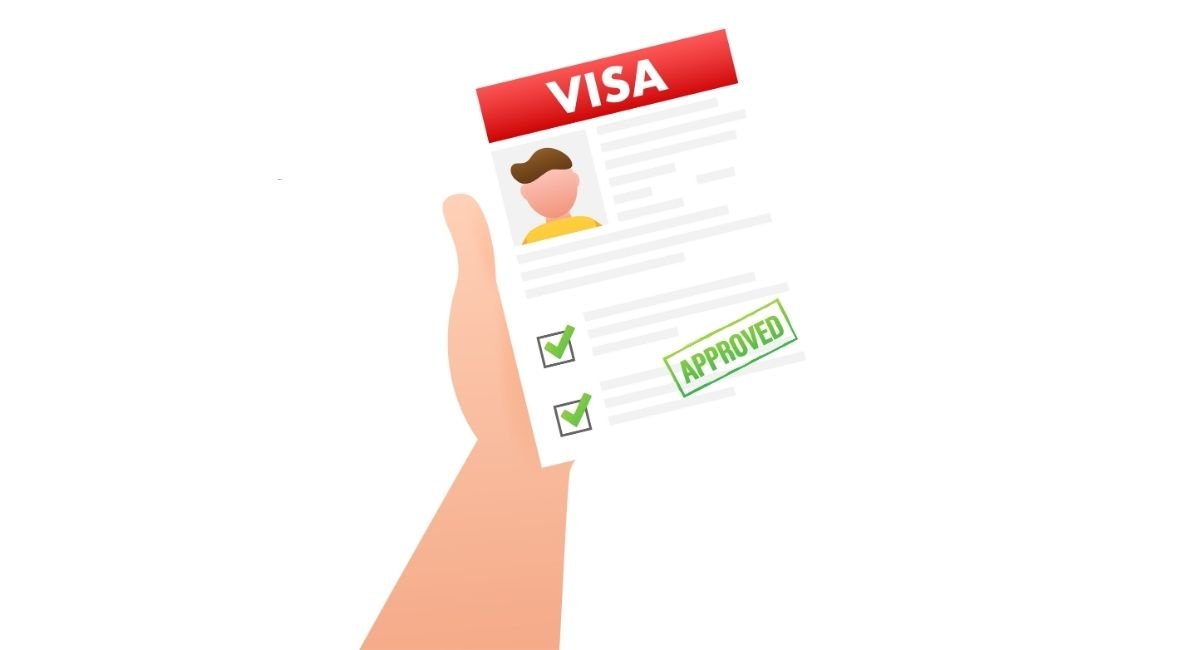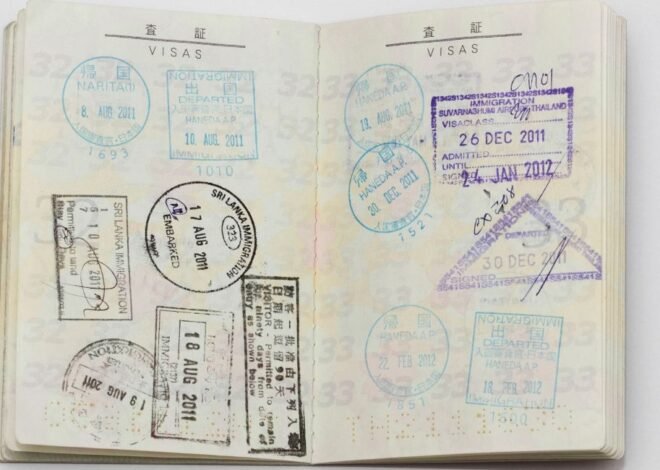
Understanding Canada’s Immigration System and Visa Options
Canada is often regarded as one of the most welcoming and diverse nations in the world. Each year, thousands of people from around the globe choose to move to Canada for its high quality of life, excellent educational institutions, and vast economic opportunities. If you’re considering making Canada your new home, it’s vital to understand the country’s immigration system and the various visa options available to you. This guide breaks it all down to help you make informed decisions.
What Makes Canada a Top Destination for Immigrants?
Canada’s immigration system is designed to attract individuals who can contribute to its economy, enrich its culture, or bring valuable skills to its workforce. Whether you wish to study at a prestigious Canadian university, work in a thriving industry, or start a new life as a permanent resident, Canada offers pathways to suit diverse goals. Urgent Visa for Canada.
Navigating the immigration and visa process can be complex, but with the right knowledge and preparation, your path to Canada can become much clearer.
Types of Canadian Visas
When planning your move to Canada, selecting the right visa type is a critical step. Depending on your goals—whether it’s studying, working, visiting, or settling down permanently—Canada offers different visa categories. Below, we’ll explore the most common types.
Work Visas
Temporary Work Permits
If you’re planning to work in Canada on a short-term basis, a Temporary Work Permit might be what you need. These permits are typically job-specific, meaning you need a job offer from a Canadian employer to apply. Employers may also need to obtain a Labor Market Impact Assessment (LMIA) to prove there’s a need for a foreign worker to fill the position.
Open Work Permits
Open Work Permits are less restrictive as they allow you to work for most employers in Canada. These are often granted in specific situations, such as for accompanying spouses of international students or participants in the International Experience Canada (IEC) program.
Study Visas
Canada is home to world-renowned universities and colleges, making it a popular choice among international students. For those who wish to study in Canada, a Study Permit is required.
To apply for a Study Permit, you must first secure admission from a designated learning institution (DLI) in Canada. The application also requires proof of funds to cover tuition and living expenses, along with a clean criminal record and, in some cases, a medical exam.
An added benefit of holding a Study Permit is the ability to work part-time while studying. This can help you gain local work experience and reduce your living costs.
Permanent Residency (PR) Visas
Express Entry
Express Entry is one of the fastest ways to gain permanent residency in Canada. It’s a points-based system that evaluates candidates based on factors such as age, education, work experience, language ability, and adaptability. Programs such as the Federal Skilled Worker Program, Federal Skilled Trades Program, and Canadian Experience Class fall under the Express Entry system.
Provincial Nominee Programs (PNPs)
If you have a specific province in mind, Provincial Nominee Programs might be a better fit. Provinces and territories in Canada can nominate individuals who meet specific skill or economic needs within their location.
Family Sponsorship
Canada strongly values family reunification. Through Family Sponsorship, Canadian citizens and permanent residents can sponsor their spouses, children, or parents to join them in the country.
Visitor Visas
For short-term visits, you’ll need a Temporary Resident Visa (TRV), also known as a Tourist Visa. It’s ideal for people intending to explore Canada or visit family and friends. Most visitor visas allow stays of up to six months. Visitor Visa for Canada.
The Canadian Visa Application Process
The application process for Canadian visas has specific steps that vary depending on the visa type. Below is a general roadmap to help you understand what to expect.
Step 1: Determine Your Eligibility
Each visa category comes with unique requirements, so start by finding out if you qualify. For instance, a work visa might require an LMIA or proof of a valid job offer, while study permits need a letter of acceptance from a DLI.
Step 2: Gather Your Documents
Certain documents are mandatory for all visa applications, including proof of identity (passport), proof of funds, and any additional paperwork related to your chosen visa type.
Step 3: Submit Your Application
Applications are submitted either online or through a Visa Application Center (VAC). For online submissions, ensure you create an account on the Government of Canada’s website. Pay the applicable fees after completing the required forms.
Step 4: Biometrics and Medical Exams
You may be asked to provide fingerprints and photographs (biometrics) as part of your application. Similarly, some visas may require you to undergo a medical examination.
Step 5: Wait for Processing
Processing times vary widely depending on the visa type and the volume of applications. Make sure to check the estimated wait times on the official government website.
Step 6: Receive Your Visa
If your application is approved, you’ll be issued a visa to travel to Canada.
Frequently Asked Questions (FAQs)
1. What is the difference between a visa and a permit in Canada?
A visa allows you to enter Canada, while a permit outlines the conditions under which you can stay, such as studying or working. For example, a student needs both a visa to enter and a study permit to remain in Canada.
2. Can I apply for permanent residency directly?
Yes, through programs like Express Entry or Provincial Nominee Programs, you can apply for PR without first holding temporary status in Canada.
3. How much does it cost to apply for a Canadian visa?
The cost varies by visa type. For instance, a Work Permit application typically costs CAD 155, while the Express Entry Permanent Residency application costs CAD 1,365.
4. Do all Canadian visas require proof of funds?
Most visa applications require proof of funds to show you can support yourself during your stay. Exceptions include those sponsored by family members or employers.
5. Is it mandatory to hire a consultant for my visa application?
No, hiring a consultant is not mandatory. Many resources are available to guide you through the process, but consultants can help if you’re uncertain about your eligibility or paperwork.
Conclusion
Canada offers a diverse range of visa options for those looking to work, study, or settle in the country permanently. Understanding the unique requirements and processes for each visa type is essential for a smooth application experience. From Work Permits and Study Permits to pathways for Permanent Residency, there’s a route for almost every goal.
If moving to Canada is part of your dream, don’t hesitate to explore your options and take the first steps toward your future. With proper preparation and determination, you’ll be well on your way to calling Canada home.


